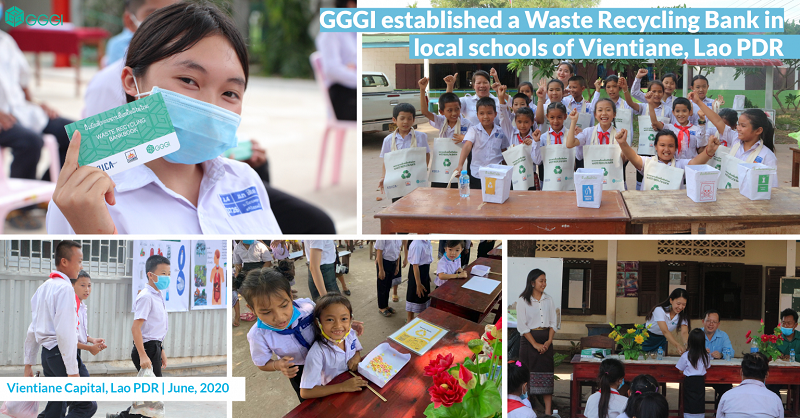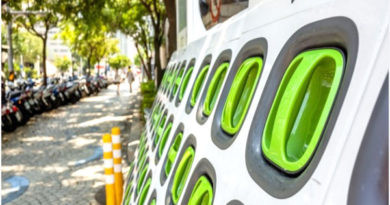Vientiane Schools Collect 16.3 Tonnes Of Recycled Waste
Source: Vientiane Times
Ten schools in Sikhottabong district, Vientiane, have collected 16.3 tonnes of recycled waste through the use of waste recycling banks, as part of the wastewater and solid waste treatment capacity-building project for city environment improvement.
The scheme is implemented by the Vientiane City Office for Management and Service and supported by KOICA, and the Global Green Growth Institute.
The project began in July 2020 and aims to build students’ awareness of the importance of recycling and the proper disposal of waste material.
Litter bins for waste recycling were provided to target schools, and 5,000 schoolchildren took part in the waste bank and education project.
But officials managing the project said they had faced challenges and lost momentum because of the Covid-19 outbreak, while more regular collection services and better collection recording methods were needed.
Speaking at the Waste Recycling Bank Workshop, Director General of the Vientiane Urban Development Administration Authority, Mr Bounchanh Keosithamma, said the project will be extended to 100 schools in Sikhottabong district.
Collaboration with NGO partners will be stepped up, more communities will be encouraged to recycle waste, and more waste collection will be provided.
The target is for waste recycling banks to be situated at 714 schools in Vientiane.
It is envisaged that the scheme will involve 164,000 children in primary and secondary schools and will collect 2,570 tonnes of recyclable materials each year, to be recycled through waste recycling banks.
Existing waste handling practices in Vientiane are based on a “collect and dispose” only approach, which overlooks significant opportunities for turning waste into resources, according to the Global Green Growth Institute.
This means there is the potential to adopt a paradigm change from a waste management to a resource management approach.




